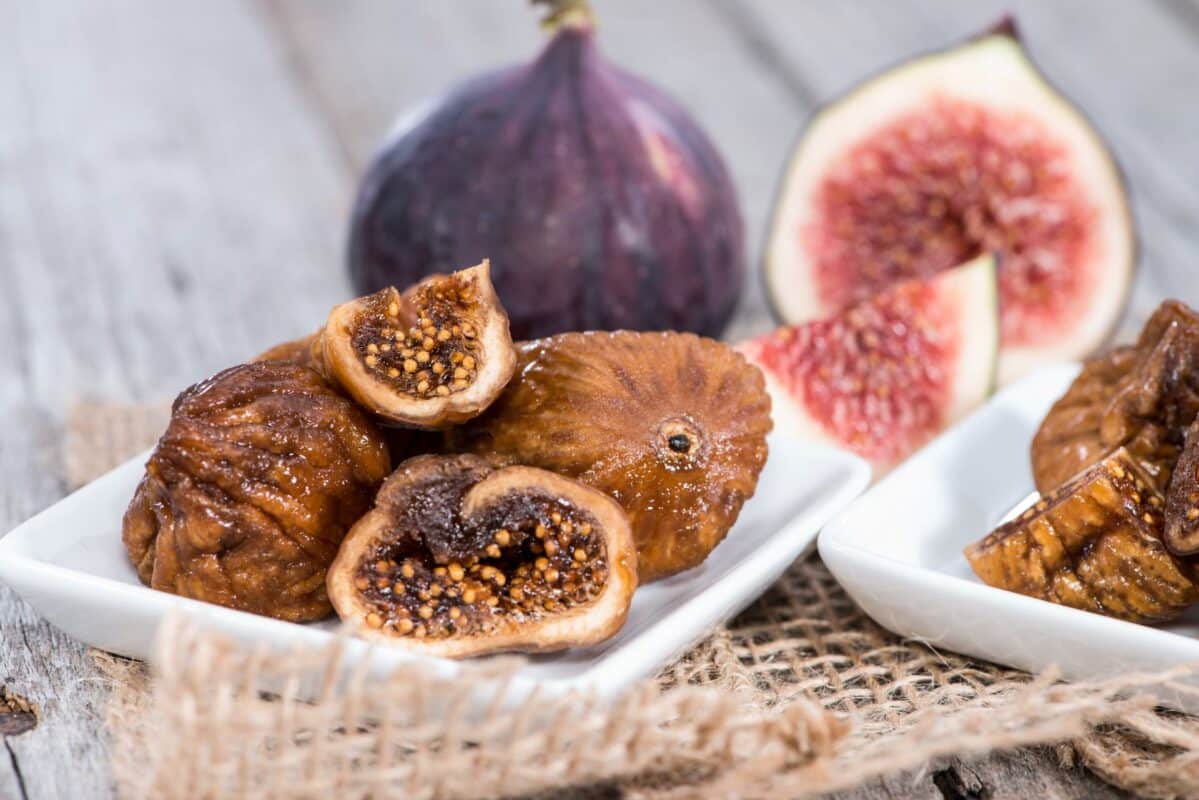Tag Archives: figs benefits for female fertility
Figs are not only succulent and delicious, but they also offer a range of health benefits, particularly for female fertility. For women looking to enhance their reproductive health and boost fertility, incorporating figs into their diet can be a smart and natural choice. In this blog post, we will explore the specific benefits of figs for female fertility and shed light on the essential nutrients they provide.
Nutritional Value of Figs:
Figs boast an impressive nutritional profile, making them a valuable addition to a fertility-enhancing diet. Here are some key nutrients present in figs:
Fiber: Figs are rich in dietary fiber, which aids in digestion, promotes regular bowel movements, and helps maintain hormonal balance — a crucial factor for optimal fertility.
Antioxidants: These nutritional powerhouses contain antioxidants like polyphenols, which protect the reproductive organs from oxidative stress and potential damage caused by free radicals.
Vitamin C: Figs are a good source of vitamin C, a potent antioxidant that supports a healthy reproductive system and boosts immunity.
Iron: Iron is vital for circulatory health and the production of healthy red blood cells. Adequate iron levels enhance oxygen flow to the reproductive organs, optimizing fertility.
Potassium: Figs contain potassium, which supports overall cellular function and helps maintain a healthy blood pressure level.
Benefits of Figs for Female Fertility:
Hormonal Balance: The fiber in figs aids in maintaining hormonal balance by promoting healthy digestion, preventing constipation, and facilitating better hormone regulation. This can be particularly beneficial for women with hormone-related fertility issues.
Ovulation Support: The antioxidants and vitamin C found in figs help protect the ovaries from oxidative stress and may contribute to better egg quality and regular ovulation.
Reproductive Organ Health: The antioxidants in figs assist in protecting the reproductive organs, including the uterus and fallopian tubes, from oxidative damage. This can enhance the overall health and functioning of these organs.
Improved Blood Circulation: The iron content in figs supports healthy blood circulation, aiding in the transport of oxygen and nutrients to the reproductive organs. This can lead to optimal reproductive function and improved fertility.
Reduced Inflammation: The polyphenols in figs have anti-inflammatory properties, which can help reduce inflammation in the body. Chronic inflammation may negatively impact fertility, and figs’ anti-inflammatory effects may mitigate this risk.
Overall Nutritional Support: Figs offer a wide range of key nutrients, including vitamins, minerals, and antioxidants, that support overall health and well-being. This comprehensive nutritional support can indirectly contribute to improved fertility.
Incorporating Figs into the Diet:
To harness the benefits of figs for female fertility, consider these dietary recommendations:
Fresh Figs: Enjoy fresh figs as a delicious and nutritious snack on their own. Pair them with a source of protein like nuts or yogurt for a balanced snack.
Dried Figs: Dried figs are easily accessible and can be incorporated into various recipes. Add them to breakfast cereals, salads, or homemade energy bars for added flavor, texture, and fertility-boosting benefits.
Fig Smoothies: Blend fresh or dried figs into smoothies along with other fertility-friendly ingredients like berries, spinach, and flaxseeds for a nutrient-packed and fertility-boosting beverage.
Fig-infused Water: Infuse water with fresh fig slices for a refreshing and lightly flavored drink that provides a subtle dose of fertility-nourishing nutrients.
Figs serve as an excellent ally for female fertility due to their nutrient-rich profile and protective properties. Fiber, antioxidants, iron, and other key nutrients found in figs contribute to hormonal balance, support ovulation, optimize reproductive organ health, improve blood circulation, and reduce inflammation. By incorporating figs into their diet, women can provide their bodies with valuable support and nourishment to enhance their fertility naturally.



